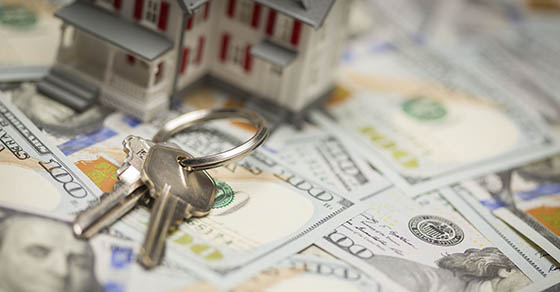A Comprehensive Guide to Making Tax-Efficient Decisions for Your Business
When it comes to acquiring assets for your business, whether it’s equipment or real estate, choosing between leasing and purchasing can have significant tax implications. In this article, we’ll go over the tax implications of both options, allowing you to make informed decisions that correspond with your company’s financial objectives.
Lease vs. Purchase: Key Differences:
Leasing involves renting assets over a specified period, while purchasing involves outright ownership. Each option comes with distinct tax consequences that impact your bottom line.
Equipment Leasing:
Lease payments are typically deductible as operating expenses, reducing taxable income. This can provide immediate tax benefits and improve cash flow.
Equipment Purchase:
When you buy equipment, you may be eligible for depreciation deductions over the asset’s useful life. Section 179 and Bonus Depreciation provisions can offer accelerated depreciation, allowing you to deduct a significant portion of the asset’s cost upfront.
Real Estate Leasing:
Lease payments for commercial real estate are generally deductible as operating expenses, lowering taxable income. Leases may also offer cost-sharing benefits, reducing maintenance and repair expenses.
Real Estate Purchase:
Purchasing real estate can lead to deductions for mortgage interest and property taxes. Depreciation deductions for commercial properties can provide long-term tax benefits.
Financial Considerations:
Both leasing and purchasing have financial implications beyond taxes. Analyze factors like cash flow, interest rates, and resale value to determine the most cost-effective choice.
Cash Flow Management:
Leasing requires smaller upfront payments and can help preserve cash flow, whereas purchasing may involve larger initial outlays but offers long-term ownership benefits.
Flexibility vs. Long-Term Commitment:
Leasing provides flexibility to upgrade equipment or relocate while purchasing signifies a long-term commitment to the asset or property.
Strategic Planning:
Consider your business’s growth trajectory and future needs when making lease or purchase decisions. A strategic approach aligns your choice with your business’s evolving requirements.
Consult Tax Professionals:
Tax laws and regulations are complex and can change. Seek guidance from tax professionals to ensure you fully understand the tax implications of your decisions. Consider utilizing marketplaces like IfindTaxPro. You can post your project and find the right tax specialist for your unique situation.
Choosing between leasing and purchasing equipment or real estate involves a thorough assessment of both financial and tax implications. By understanding the tax benefits of each option and considering your business’s unique circumstances, you can make decisions that optimize your tax position while aligning with your business goals.








